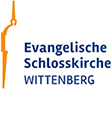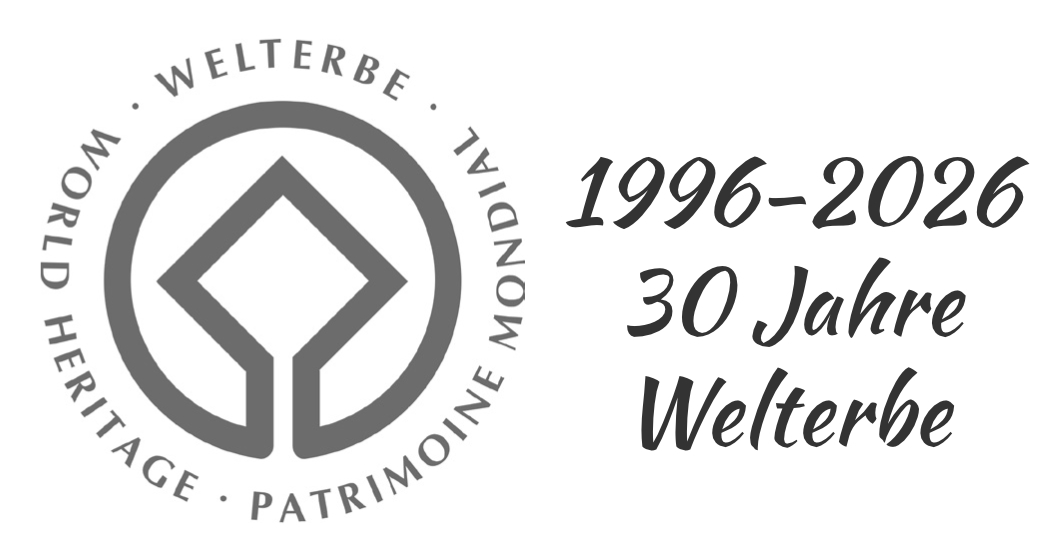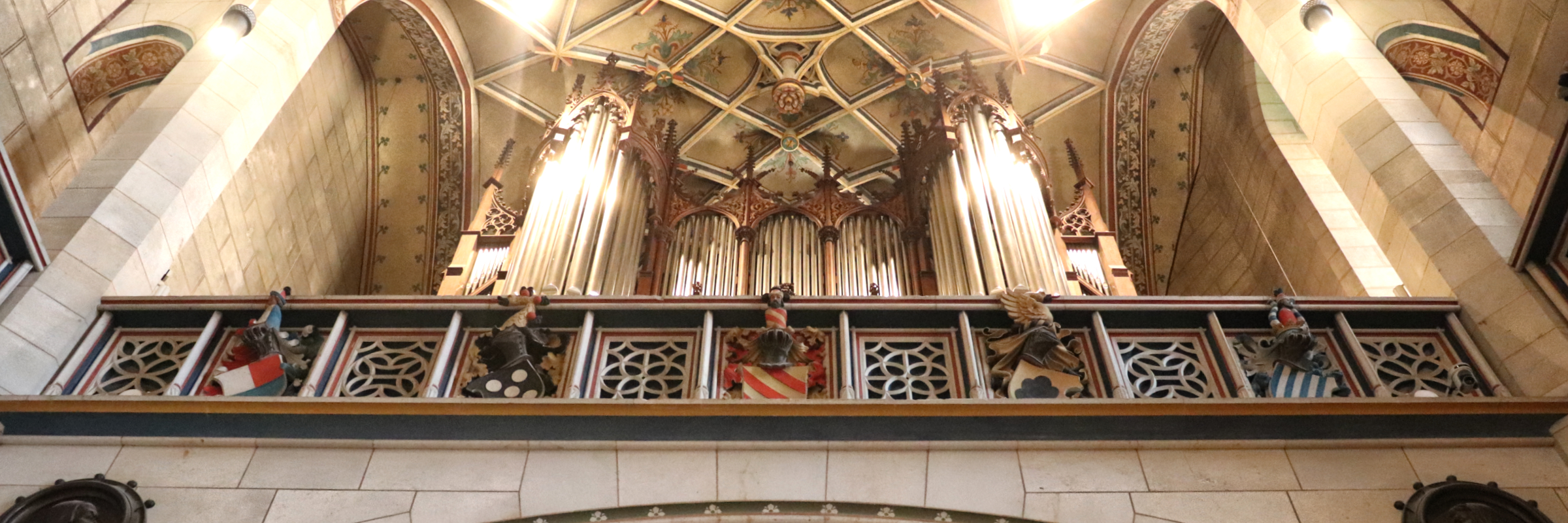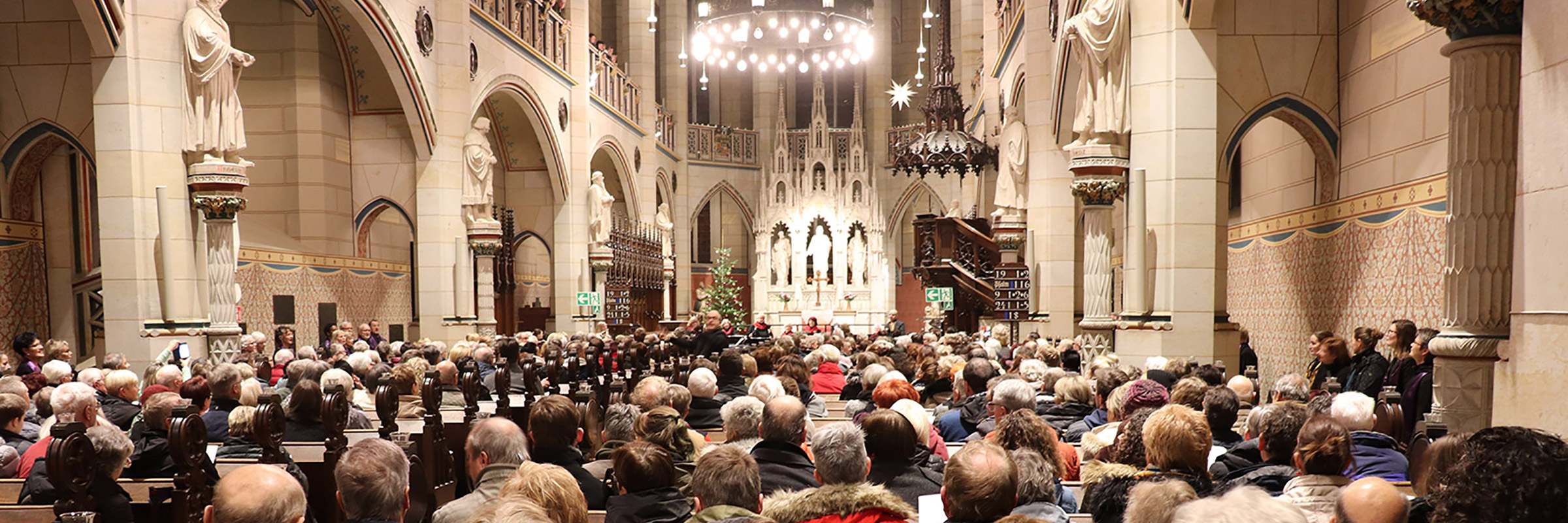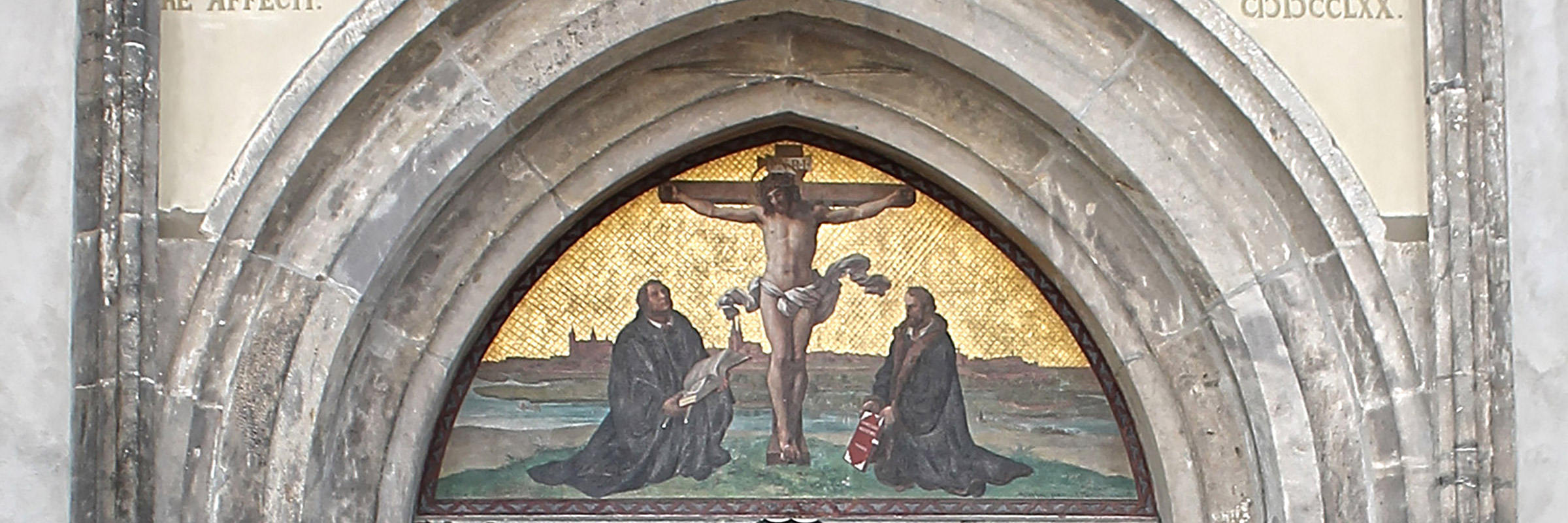Events Calendar
Monday | 23.9. | 7 p.m. | Christine Bourbeck House
19th WITTENBERG RENAISSANCE MUSIC FESTIVAL
Love brings great joy
Songs from Oswald von Wolkenstein to Taylor Swift
Wittenberger Hofkapelle
This concert is part of the 19th Wittenberg Renaissance Music Festival, which is dedicated to the phenomenon of popular music - in short: pop - from September 20th to 29th under the motto "Thank you for the Music". The other ten events, including seven concerts, the historical dance ball, the musical city walk and the instrument exhibition, will take place in other venues, in churches and in the Old Town Hall of Lutherstadt Wittenberg.
Free admission, collection requested
www.wittenberger-renaissancemusik.de
On Ash Wednesday, February 18, 2026, the Protestant Lenten campaign "7 Weeks Without" begins. Until April 6, under the motto "Feeling! Seven Weeks Without Harshness," it invites participants to consciously experience Lent. The focus is on compassionate interaction: perceiving the pain of others, offering support, and discovering new ways of being together. Harshness can manifest itself in many ways in everyday life: in harsh words, in situations that hurt us or leave us speechless. Often, we put on our own armor to protect ourselves—and yet realize how much this distances us from one another. The "7 Weeks Without" Lenten campaign invites us to take a different path in 2026. Further information is available at https://7wochenohne.evangelisch.de/ [Photo: Jodie Griggs / Getty Images]
30 Years of World Heritage
In 1996, the castle church was inscribed on the UNESCO World Heritage List as an almost completely preserved prime example of 19th-century monument preservation. From 2012 to 2016, it was renovated and restored with funding from the State of Saxony-Anhalt, the Federal Republic of Germany, the European Union, and private donors.


